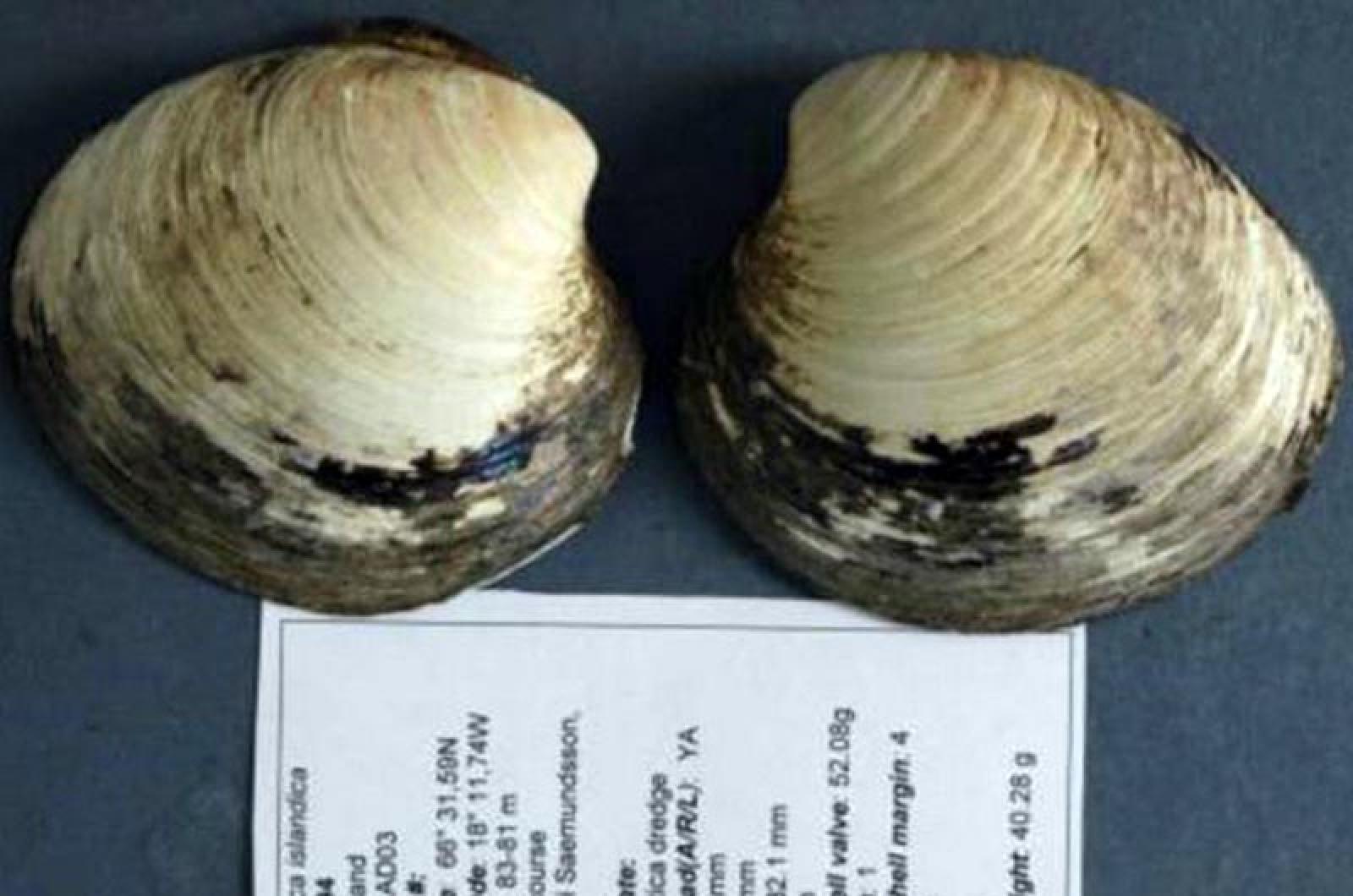How old would you be if you didn’t know how old you were?
Baseball legend Satchel Paige had this and a bunch of other elusive responses when asked about his age after having played semipro and professional ball for almost 30 years. He paraphrased Mark Twain when he suggested that age is mind over matter — if you don’t mind, it doesn’t matter.
There is someone else for whom age didn’t seem to matter much at all — Ming the mollusk.
Ming, an ocean quahaug, didn’t know how old he was and likely couldn’t have cared less. At the time of his death at age 507, he was unaffected by these questions.
His death has received a lot of press recently because he may be one of the oldest animals ever found.
Events surrounding the passing of this mollusk were reportedly nothing less than a “clamity.” While I didn’t coin the term, it is irresistible not to repeat it. Ming was named for the dynasty during which he was born (approximately 1499), and died after scientists put him in a freezer for examination after dredging him up off the coast of Iceland in 2006.
One wonders how much longer he might have lived if not for those inquisitive researchers. However, before we point any fingers or place blame, we should remember that any one of the tasty clams we ourselves have enjoyed over the years may have also been quite elderly if we had been able to age it.
The clams in Vineyard ponds are related to Ming. Ming was a black clam, Arctica islandica, a kin to our own local variety, Mercenaria mercenaria. Though our regional stock can’t claim to be as long-lived, some have life spans that may surprise you.
Most clams harvested range in age from a few to 10 years. In 2011, however, scientists at WHOI found a clam from local waters thought to be 106 years old!
Ming is in good company among other old-timers in the animal world. It has been protested that Ming was not actually the oldest, since some colonial organisms such as coral are believed to have longer life spans. Consider the Antarctic sponge, which is believed to be more than 1,500 years old.
There are other longevity leaders that still impress those of us who don’t often reach 100 years. Those koi fish in your pond will likely outlive you since they have been known to live to more than 200 years old. In the same 200-year-old range, you can also find varieties of tubeworms, rough-eye rockfish, red sea urchins, a type of tortoise and bowhead whales.
Even stranger is the creature that has effectively achieved eternal life. One type of jellyfish, called the immortal jellyfish, has a unique life cycle in which it goes from adult to juvenile forms and then back in a replay that seems to last forever.
Woody Allen once said that he would like to achieve immortality through not dying. Living through eternity, however, may be fraught with difficulties for those of us who don’t have the power to reverse the aging process. Bruce Lee may have had it right when he observed, “The key to immortality is first living a life worth remembering.” Ming the mollusk certainly did that, if unintentionally. May we all have his luck of longevity, or Bruce Lee’s determination to live an unforgettable life.
Suzan Bellincampi is director of the Felix Neck Wildlife Sanctuary in Edgartown.






Comments
Comment policy »